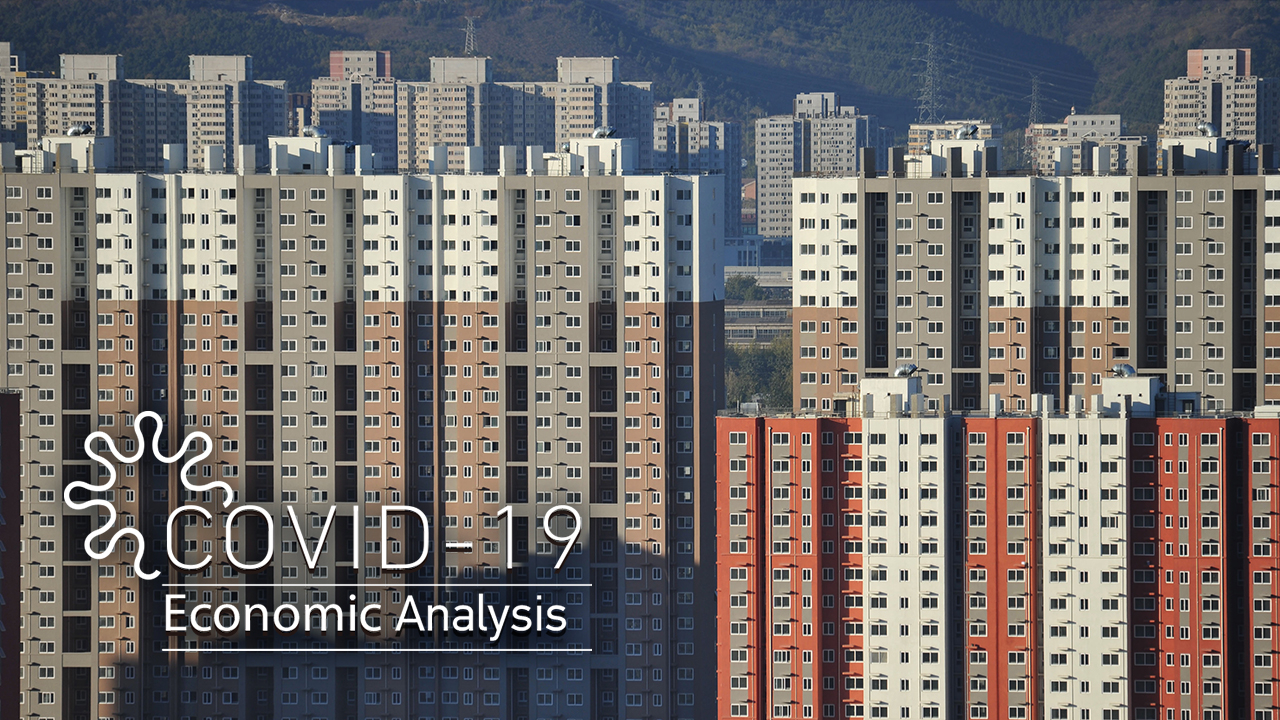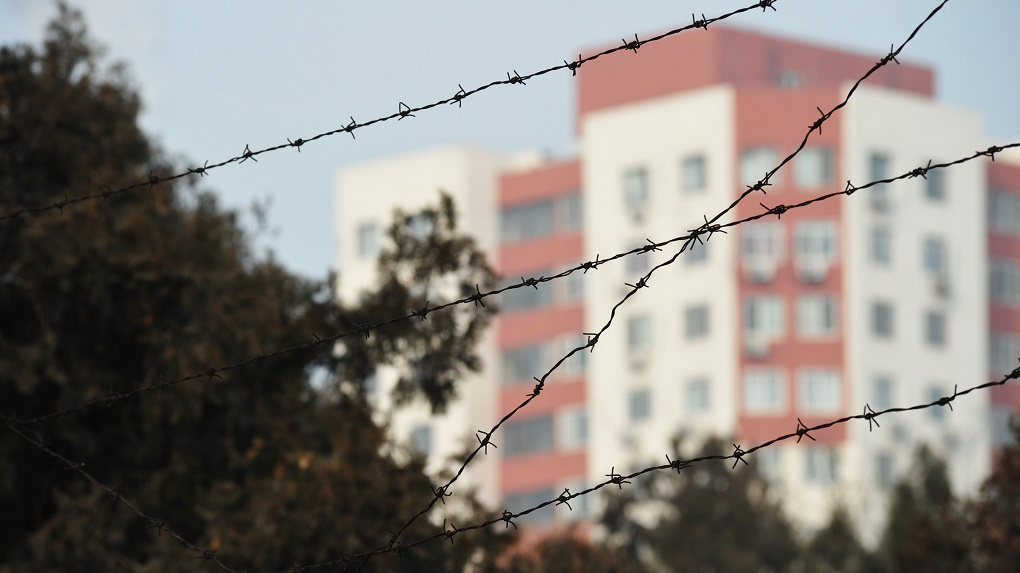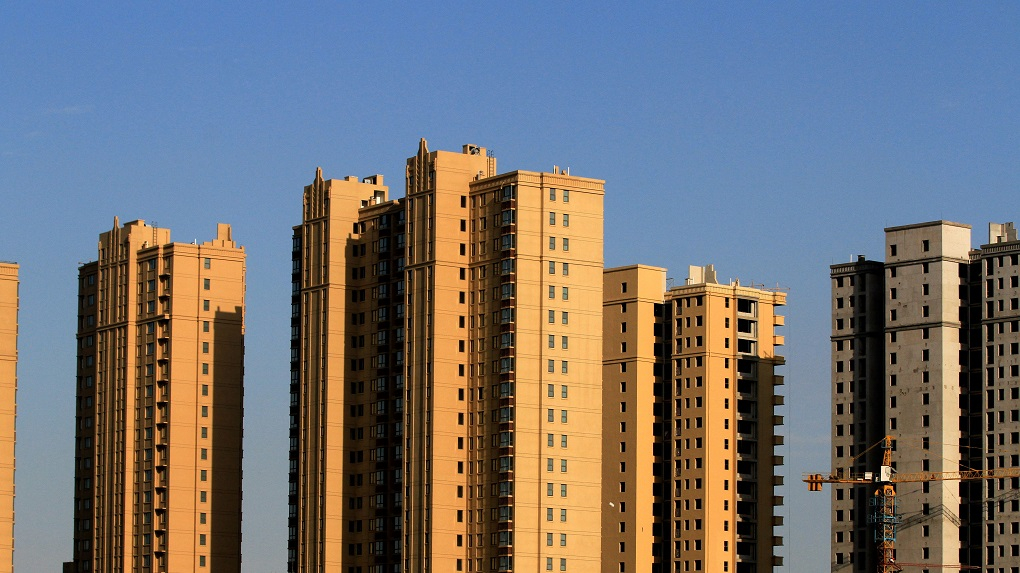
Editor's note: COVID-19: Economic Analysis is a series of articles comprising of experts' views on developing micro and macroeconomic situations around the globe amid the COVID-19 pandemic. This article's author Ba Shusong is the executive director of the HSBC Financial Research Institute at Peking University.
China's real estate market is currently in the process of transition. With the impact of COVID-19, the pressure to deleverage has been increasing, the volume of transactions has been recovering slowly, and cash flow has been hampered. Under the backlash of the epidemic, the housing needs of residents have significantly changed. The Chinese real estate industry has also been going through accelerated evolution, with many new trends and changes emerging.
Effects of epidemic on housing demands
Firstly, demand for home replacement and improvement dominates. The real estate industry has entered the stock market, and the need for better living conditions has become a dominant demand gradually.
The epidemic has brought a lot of impact on people's perceptions and lifestyles, and put forward a higher requirement on cities in terms of epidemic prevention and control and public health care.
Also, the strong demand of middle and upper income groups for better housing, which is much likely to be satisfied by selling old homes, buying a new house as well as increasing financing, will lead to new increments in the real estate market.

A residential building in Beijing, January 23, 2015. /VCG
A residential building in Beijing, January 23, 2015. /VCG
Secondly, the demand for second-hand house transactions will increase. The real estate market has gradually shifted from being an incremental market to being a stock market. Since the supply of new houses has been affected by the epidemic, second-hand houses will become an increasingly important source of housing. Many buyers are often suppliers of second-hand houses.
From the perspective of transactions, investors, developers and sales agents will need more information, meaning transactions will take longer.
Transactions, therefore, have become a very important part in the real estate market, and how to provide the information and transaction support required by customers of new and second-hand housing seems particularly important.
Thirdly, the demand for high-quality renting is on the rise. Considering the domestic situation, the overall rental market is underdeveloped. Amid the coronavirus outbreak, some tenants did not receive the same treatment as the house owners, and some were even unable to enter their communities during the epidemic, which seriously affected tenants' rental experience.
Some tenants, then, are turning to higher-quality rentals. According to the survey "the impact of COVID-19 on tenants' preference" released by Beike Research Institute, more than half of tenants are considering changing their rental situation after the epidemic, and "whole rent" is their new preference – which is to say most tenants are willing to pay more for quality living.
Accelerating evolution of real estate industry
Firstly, property service capabilities have become core competencies. As an important part of residential management and public services, professional and efficient property management can not only improve the living quality of residents and public service of the community, but also offer other related supports including financial service.
The epidemic distinguishes the communities with strong and poor property service capabilities. Property management has become an important factor for people to select a community and quality property services will become a core competency of developers.
Secondly, online service capability tests the flexibility of the real estate industry. At this stage, consumers cannot visit prospective houses. Developers therefore, have taken their businesses online.

Real estate in Huai'an City, Jiangsu Province, April 6, 2020. /VCG
Real estate in Huai'an City, Jiangsu Province, April 6, 2020. /VCG
This move is supporting the gradual recovery of the real estate industry. Although the above sales methods have produced positive results, it still needs to further explore a more suitable online sales model for China's real estate in the future.
Thirdly, the change of trading rules is driving optimization of the industry landscape. During the epidemic, the real estate market gradually shifted from a seller's market to a buyer's market, from offline to online transaction, which leads to more houses to choose from, a longer transaction time for consumers, and an increase in the transparency of information.
Consumers can make easier comparisons and selections, which may bring important changes to the whole trading rules. For instance, returning a house without a reason could become a new rule, the process of online transactions are getting simplified, and the pre-sales process is more detail-oriented.
Policy advice
The government needs to adopt a series of policy measures to stabilize the real estate market, helping real estate enterprises, especially small and medium-sized enterprises, to tide over the difficulties.
First, the government should carry out policies to relieve financing pressure and reduce debt risks.
Secondly, the government should take easing measures to ensure the stable and sustainable development of the trading market.
Thirdly, the government should accelerate the trend of e-commerce and encourage the development of new business forms.
Fourthly, the government should introduce and improve standards for property services and online sales at proper time in order to promote the healthy development of market.